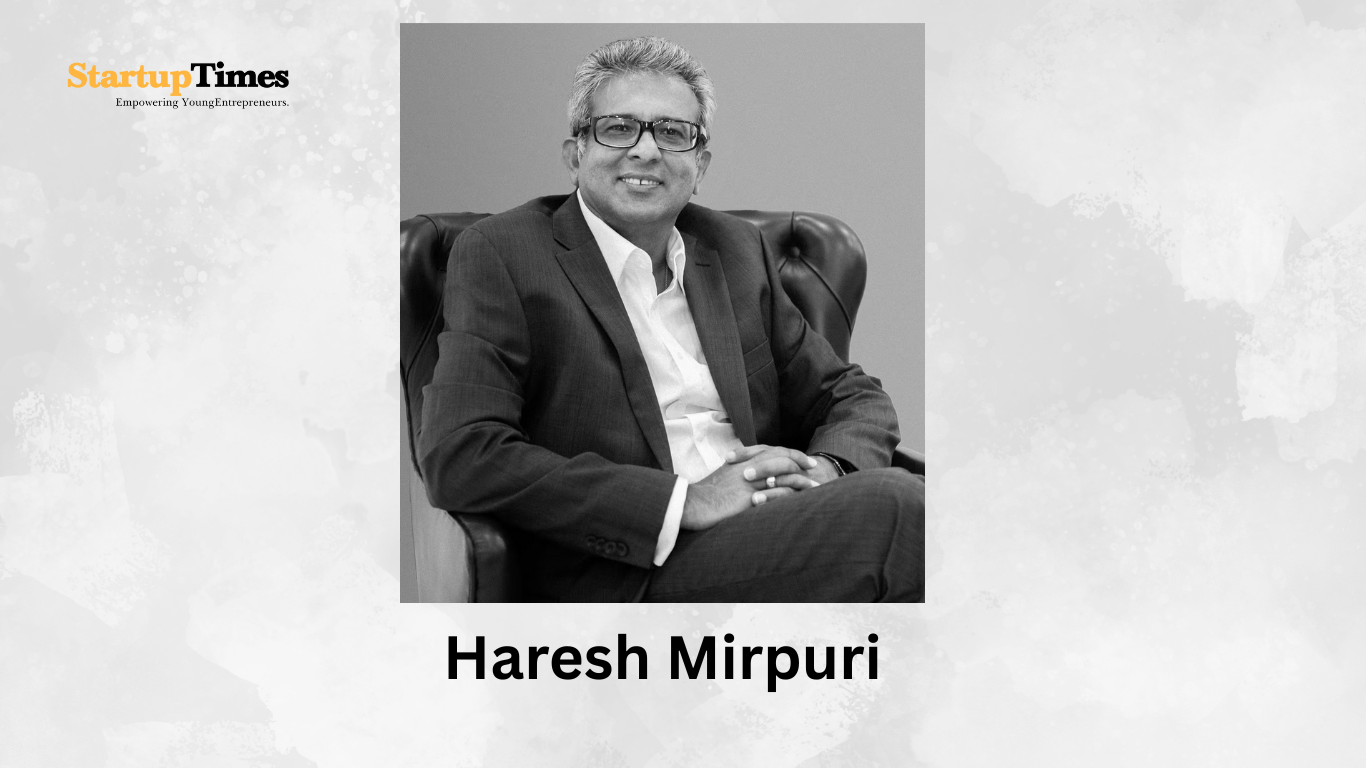In an increasingly climate-conscious world, the call for integrating sustainability from a project's very beginning is growing louder. Leading this chorus is Haresh Mirpuri, a second-generation entrepreneur and founder of Essensai067, who firmly advocates for sustainability to be a "foundational element, integrated from the project's inception."
Mirpuri's vision, recently highlighted by The Economic Times, transcends mere technical certifications like LEED or IGBC. For him, a truly sustainable building is one that "harmonises with its environment and community." This philosophy is palpably demonstrated in Essensai067, a 5.16-acre sustainable retail development in Bangalore. This ambitious project showcases how retail spaces can be regenerative, incorporating solar energy, rainwater harvesting, and organic waste conversion into its core infrastructure.
The conventional approach, often treating sustainability as an add-on or a retrofitting exercise, leads to missed opportunities and increased costs. Mirpuri emphasizes that early planning allows for the incorporation of site-specific strategies, such as optimal building orientation for solar gain or the preservation of natural landscapes. This ensures that sustainability is not an afterthought, but a guiding principle woven into the very fabric of the design process.
At Essensai067, this early integration meant repurposing excavated soil into low-carbon earth blocks and achieving net-zero water discharge through advanced recycling systems. Such decisions, made at the conceptual stage, not only reduce environmental impact but also contribute to the project's unique aesthetic identity.
Mirpuri argues that architecture holds the power to subtly guide occupants toward more sustainable living. By embedding eco-friendly practices into the design – think passive cooling systems, ample natural lighting, and strategic spatial layouts – buildings can reduce the need for artificial energy sources. Visible sustainability features, such as water recycling systems and solar panels, further reinforce awareness and encourage environmentally responsible behaviors through everyday interactions.
The key design principles for Haresh Mirpuri's sustainable vision include climate-responsive architecture, material circularity, and robust water sustainability. The focus is on designing for flexibility and longevity, allowing spaces to adapt to evolving needs without demolition or waste.
In essence, Mirpuri's message is clear and resonant: sustainability, aesthetics, and functionality are not mutually exclusive. When integrated from the very beginning, they can complement each other, leading to projects that are not only environmentally responsible but also culturally and socially enriching, ultimately delivering long-term value for both people and the planet.










